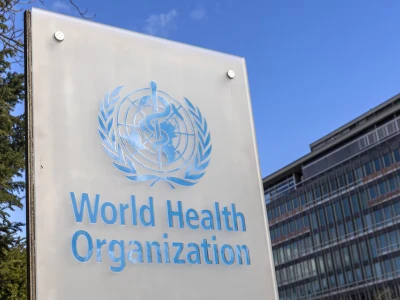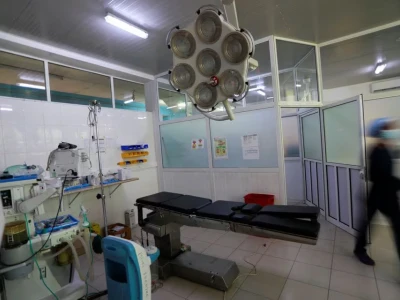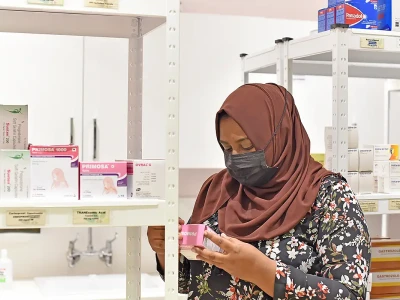
Maldives tightens measures against Pakistani medicine
Jaleela said the MFDA has tightened the rules for importing drugs into Maldives since June.
By
Fathmath Ahmed Shareef
The Maldives Food and Drug Authority (MFDA) has temporarily banned all drugs imported from Pakistan in Maldives after some drugs manufactured by a Pakistani factory were found to contain toxic substances.
Thirty-seven medicines were banned in Maldives after a syrup used for children's coughs, colds and colds was found to contain toxic chemicals.
-
The toxins were found in a batch of Alergo, a cetirizine syrup manufactured by Pharmix Laboratory in Lahore, Pakistan
-
The syrup contained diethylene glycol and ethylene glycol; toxic chemicals used to disrupt drugs; The use of these two substances in pharmaceutical manufacturing is prohibited
The MFDA banned all drugs from the Pakistani pharmacy and stopped the company from importing drugs to Maldives on Thursday.
In an exclusive interview with Atoll Times, MFDA Senior Pharmacist Aishath Jaleela said Pakistan is one of the largest importers of medicines to Maldives. She said that special priority and attention has been given to the drugs imported from Pakistan, in checking and analyzing them.
“We have now included Pakistani companies in the list of top priority when checking imported drugs,” Jaleela said.
She said medicines can be imported from any country. The countries that import medicines to Maldives are:
-
Pakistan
-
India
-
Malaysia
-
Indonesia
-
UK
Jaleela said the authority is doing everything necessary to ensure that the drugs brought in from all countries are safe. When applying for permission to import a drug, the factory is checking the standards used to manufacture the drug and whether the ingredients used to manufacture the drug are purchased from authorised suppliers.
However, after obtaining permission to import a drug, some drug importers have been noted to sell low quality drugs under the same label, she said.
"It has been noticed that some companies are bring in original medicines for about three months after registration and then selling low quality drugs of the original medicines," Jaleela said, adding that the investigation of medicines sold in the market is being done regularly.
What can be done to reduce the import of low-quality drugs are to increase the capacity to test the drugs. She said the drugs should be tested by the content, for individual substances.
The WHO recently issued an alert on the toxicity of diethylene glycol and ethylene glycol in cold and cough medicines following the deaths of dozens of children in Gambia and Indonesia on January 23. She said that the country is working to analyse such drugs in the country since then.
Jaleela said the MFDA has tightened the rules for importing drugs into Maldives since June. She added:
-
One of the changes to the rule is that companies must test the ingredients used in the manufacture of the drugs and submit reports indicating that they do not contain toxic substances such as diethylene glycol and ethylene glycol when registering to import a drug into Maldives. This report was not mandatory in the past.
-
Last September, work began on a testing system for diethylene glycol and ethylene glycol. The identification test system has now been established in Maldives.
If anyone imports a fever and cough medicine into Maldives, they must submit a test report from a WHO-recognized laboratory that shows that the medicine does not contain the two toxins
"The import of drugs has decreased. We are taking all necessary measures to ensure the safety of the drugs. That is why the drugs are being looked into," Jaleela said.
Related
Related

WHO warns of falsified cough syrup ingredients seized in Pakistan

India orders new drug-making standards after overseas deaths

Maldives bans all Pakistani Pharmix drugs after toxin discover

